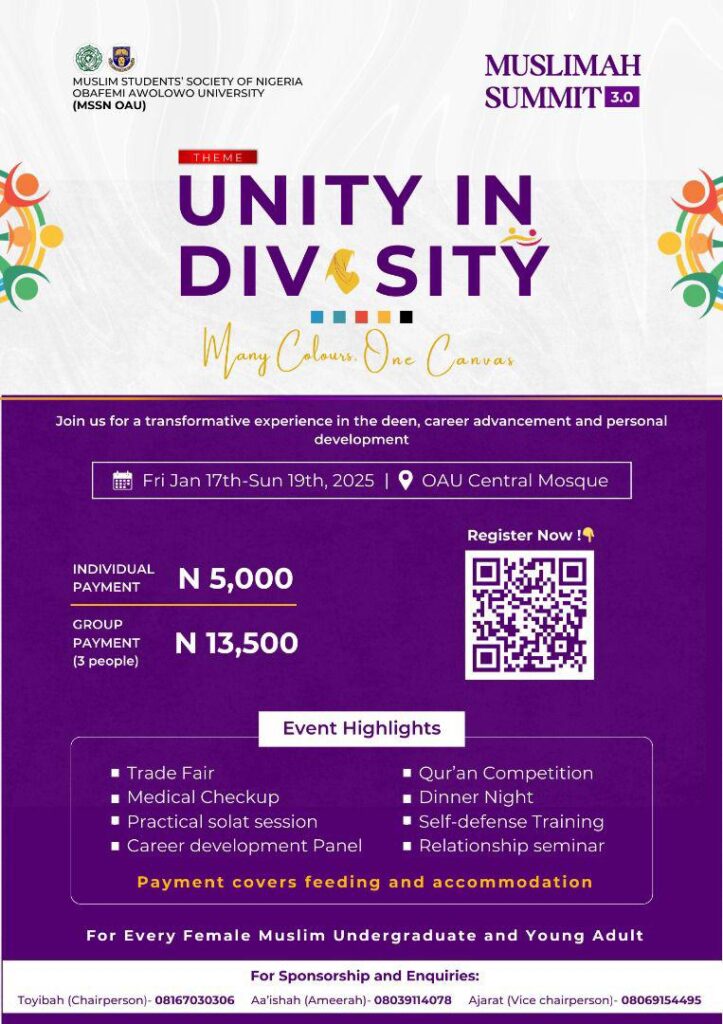In the name of Allah, the most Beneficent, the most Merciful. May the peace and blessings of Allah be bestowed on the noblest of mankind, Prophet Muhammad, his households, his companions, and the generality of Muslims.
Undoubtedly, Islam, the exclusive faith in Allah’s sight, unveils a comprehensive and beautiful code of life, touching every aspect of human existence. Allah, in His glory, embeds 12 Months within the fabric of a Year, urging us to consider it a compulsory guide for numbering our days and a marker for significant landmarks in our lives.
In regions where Islam isn’t the sole practiced religion, and its teachings dissipate like chimney smoke, the Gregorian calendar takes center stage, presenting itself as the dominant influence. Despite our reliance on the Gregorian calendar for daily activities in such states, it’s essential to caution the Ummah, especially when it’s venturing into potentially misguided paths.
While it’s an undeniable reality that abandoning the Gregorian dating may seem unattainable in these regions, caution should be exercised as the Ummah navigates the slippery slope of potential deviation. It has been emphasized that practices associated with Christmas and New Year are impermissible, and a growing number of Muslims are recognizing the beauty of truthfulness, leaving falsehood to wither away.
However, lingering in the hearts of many, like an indelible mark, is the inclination to partake in certain frivolous acts that the New Year festivities offer, whether knowingly or unknowingly. Two of these acts stand out: Making New Year resolutions and Observing New Year Tahajjud/Crossover night.
In Islam, making resolutions is not only encouraged but also deemed pleasant and praiseworthy. Muslims are expected to regularly assess their actions, pledge to increase virtuous deeds, and minimize their transgressions. While choosing a specific day for this reflection is not explicitly prohibited, tying it to the days of the Kuffaar festive season is discouraged. Muslims should remain conscious of their relationship with Allah, avoiding any casual approach that could compromise their faith.
Crossover night typically unfolds in two ways: through the devout practice of Tahajjud and prayer sessions, or by engaging in festivities and parties.
For Muslims, recognizing the significance of Tahajjud and supplication to Allāh is crucial, as both are highly rewarding acts of worship cherished by Almighty Allāh. However, it’s imperative to understand that any act of worship must adhere to two conditions; failure to meet these conditions renders the act rejected and labeled as bid’ah (innovation). The first condition is sincerity (AL-IKHLAAS), emphasizing that all acts of worship must be done solely for Allāh’s sake, devoid of any display or seeking worldly rewards. The second condition is adherence to the legislated rulings found in the Qur’ān and Sunnah (AL-MUTĀBA’AH).
While observing Tahajjud and making du’a are commendable acts of worship, there is no evidence supporting their specific association with crossing over to a new year—an event not recognized in Islam. This practice lacks support in the Qur’an, the Prophet’s Sunnah, or the actions of the companions. A hadith reported by our mother Aisha( may Allāh be pleased with her) underscores this-
Allāh’s Messenger (ﷺ) said, “If somebody innovates something which is not in harmony with the principles of our religion, that thing is rejected.”
(Sahih al-Bukhari, 2697).
Those organizing such programs during the crossover are essentially imitating non-Muslim practices that perceive crossover services as religious rites. Muslims should refrain from imitating non-Muslims, particularly in religious matters, as emphasized in a hadith reported by reported by Ibn ’Umar (May Allāh be pleased with him) narrated that the Messenger of Allāh (ﷺ) said: “He who imitates any people (in their actions) is considered to be one of them.” Related by Abu Dawud and Ibn Hibban graded it as Sahih.
Celebrating crossover night with parties and New Year carnivals involves three problematic aspects:
i. Attaching significance to an Eid not recognized by Islam, contrary to the superior celebrations of Eid-ul-Fitr and Eid-ul-Adha (Sunan Abi Dawud, 1134).
ii. Imitating non-Muslim practices, echoing the warning that imitating a people in their actions aligns one with them.
iii. Such parties often include forbidden activities like freemixing, music, alcohol, and wasteful spending on fireworks.
In conclusion, Islam is pure and should not be mixed with anything considered impure. The fact that people are preaching something doesn’t make it the truth; the truth, however, always has evidences—from the Quran and the Sunnah—as its backbones. Muslims should be mindful of Allah and not follow the crowd, especially when it’s erring.





Thanks for sharing this.💫
Jazakumullahu khayran.